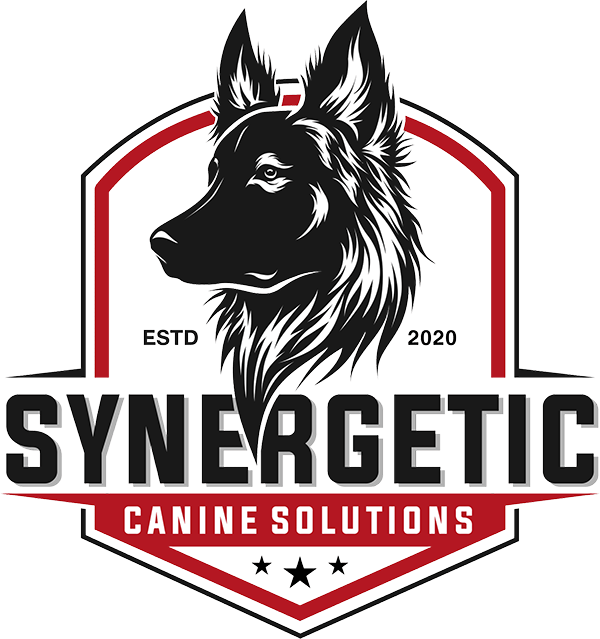PSA K9, Malinois Mayhem, and the German Shepherd Grit: Why Working Dogs Aren’t For the Faint of Heart
Let’s get one thing straight. PSA K9 isn’t your average weekend hobby. It's not for the faint of heart, casual pet owner, or anyone who thinks their dog “loves to protect the house,” just because he barks at the Amazon guy or your neighbors kid cutting across your lawn
Protection Sports Association (PSA) is a competitive dog sport that combines obedience, agility, control, and bitework in ways that test both the dog’s clarity under pressure and the handler’s training and control over the dog.
And who shows up to this party with teeth bared and eyes locked in? None other than the usual suspects - the working line German Shepherd, the Belgian Malinois, and dutch shepherds. Ok yes, before you come for me, there are off breeds too, but they’re certainly less common!
Why PSA K9?
For some of us, competitive obedience wasn't enough. We needed a bigger, grittier challenge. PSA offers that challenge in spades, with obedience under distraction, scenario-based protection work, and mental fortitude from both ends of the leash. It’s one of the few sports where a dog is judged not just on what they do, but how they think.
You can’t fake your way through PSA. There are no trophies for cuteness or popularity. It’s about control, drive, nerve, and teamwork. And not every dog is cut out for it. Which brings us to…
The Dogs That Thrive Here
Working-line German Shepherds, Malinois and Dutch Shepherd weren’t bred to be couch décor. These dogs were designed to move fast, bite, solve problems, and keep going long after most other breeds have tapped out. They thrive under pressure. They need a job. And when handled correctly, they become absolute poetry in motion.
German Shepherds bring a strong work ethic, steady nerves, and loyalty that can’t be bought. Belgian Malinois? They’re caffeinated geniuses with a bite like a bear trap and the attention span of a squirrel, until they’re trained. Then they’re all those things but… you know, with training! Control!
Real Talk: These Aren’t Pet Projects
Every few months we meet someone who wants a Malinois because they are like, so cool. Spoiler alert: they are cool. But they’ll also eat your drywall, re-shape your furniture, and gaslight your entire household if you don’t work them properly. These breeds require structure, experience, and daily dedication. This isn’t “walk around the block” energy, it’s “I built my schedule around my dog’s training” energy.
And PSA gives these dogs what they crave: purpose. It channels their intensity into something productive and beautiful (and a little terrifying, but like, in the best way).
Why I Love It
For me, PSA isn’t just a sport, it’s a lifestyle. It’s where I connect with my dog on a level that goes far beyond basic obedience. It’s about reading each other in real time. Trust. Respect. Communication under stress.
There’s nothing like the feeling of walking off the trial field knowing your dog just gave you their all. Whether you're working a shepherd with solid nerve or a spitfire Malinois with a rocket strapped to their back, PSA brings out the best in both of you.
Thinking of getting into PSA?
Here’s my unfiltered advice:
Start by watching trials. Volunteer. Talk to handlers. And whatever you do, get the right dog for the job, not just the one that looks the part. You’re not just training a dog. You’re building a partnership under pressure.
If you’re already training in PSA, I see you. Keep grinding. Keep learning. And hug your decoy (or at least bring ‘em a beer) they deserve hazard pay.
Where to find PSA?
Here’s a quick list of all current PSA Clubs. But you don’t HAVE to find an official club to start. It’s helpful but if there isn’t one nearby, you can make a post in the popular Unofficial PSA Discussions FB Group for someone in your area who may not be a registered club. You can also check out other sports that could be better suited for you and your dog, like French Ring or Mondioring.
Blog by So Fetch Consulting

